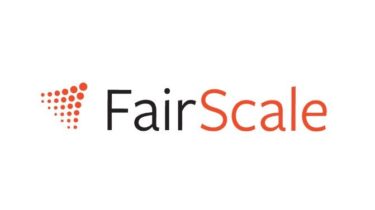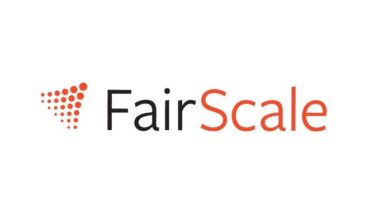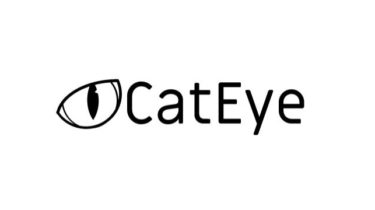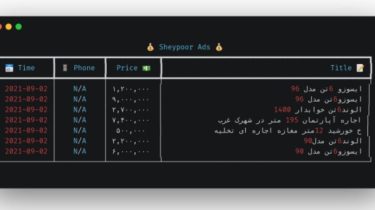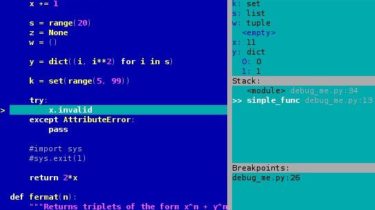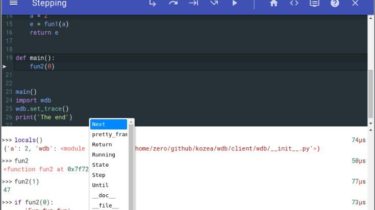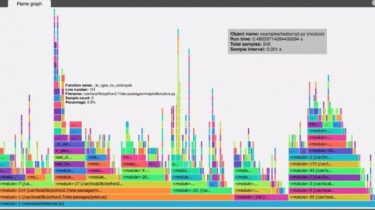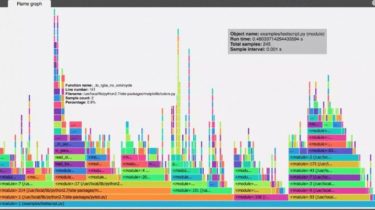A lightweight tool for submitting Python functions for computation within a Slurm cluster
What is submitit? Submitit is a lightweight tool for submitting Python functions for computation within a Slurm cluster.It basically wraps submission and provide access to results, logs and more.Slurm is an open source, fault-tolerant, and highly scalable cluster management and job scheduling system for large and small Linux clusters.Submitit allows to switch seamlessly between executing on Slurm or locally. An example is worth a thousand words: performing an addition From inside an environment with submitit installed: import submitit def add(a, […]
Read more